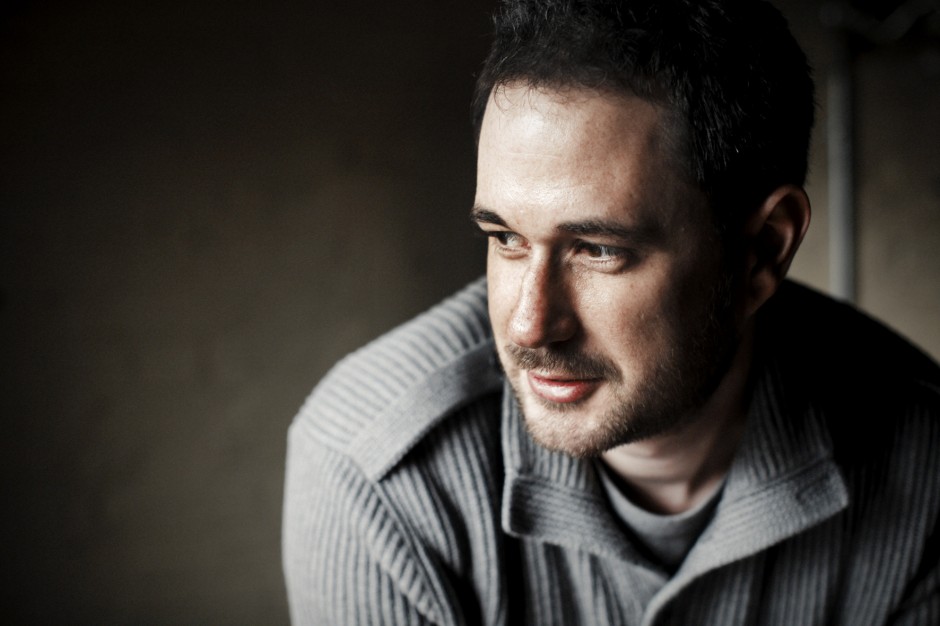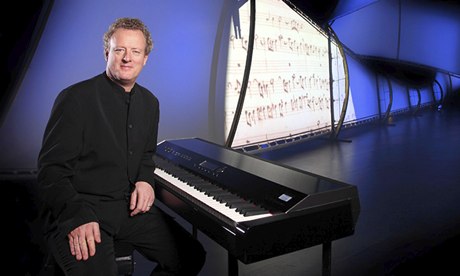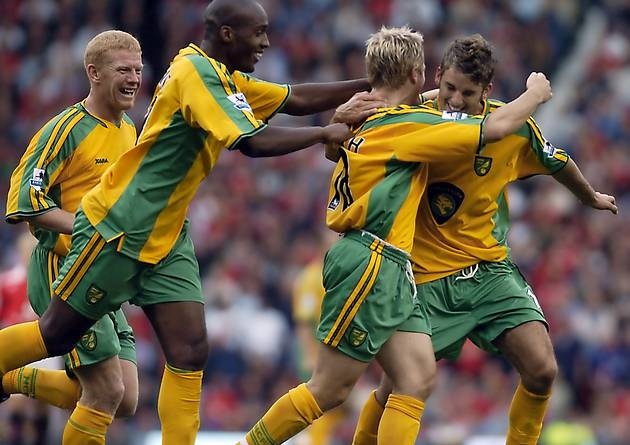It was 1854, and Robert FitzRoy was awaiting government funding for a nascent Met Office that might forecast the weather. But he was literally laughed out of town. A supportive MP, proposing an increase in the £3,200 allocated because “we might know in this metropolis the condition of the weather 24 hours beforehand” was forced to cease his arguments in the House of Commons because of the roars of amused disbelief. “It’s not so ridiculous as some Honourable Gentlemen appear to suppose,” concluded the member of parliament for Carlow, in a huff.
FitzRoy’s dream of being taken seriously is at the heart of Peter Moore’s extensively researched chronicle of the 19th-century scientists, thinkers and sailors who battled to understand the weather. Better known as the captain of the HMS Beagle during Charles Darwin’s epochal voyage – which grieves Moore intensely – FitzRoy coalesced his incredible life experiences into meteorology. Extensive studies of weather data combined with the new telegraph system meant he could warn of storms and make general forecasts. But because, in an age of scientific certitude, FitzRoy couldn’t quite explain the theory behind his forecasts, he died derided by some and in debt.
It’s a tragic story, given that we now know he was on the right track, but The Weather Experiment is not just FitzRoy’s biography. James Glaisher in his hot-air balloon high above the earth; Francis Beaufort with his wind scale and cloud-classifier Luke Howard all have significant walk-on roles. Such a huge cast list has its problems in terms of coherence – John Constable makes a lengthy appearance as a man obsessed by cloud in his paintings – but despite these digressions, the evocation of a period described by Josiah Wedgwood as “an age of miracles where anything could be achieved” is impressive. Sunny intervals, as FitzRoy might have said.


